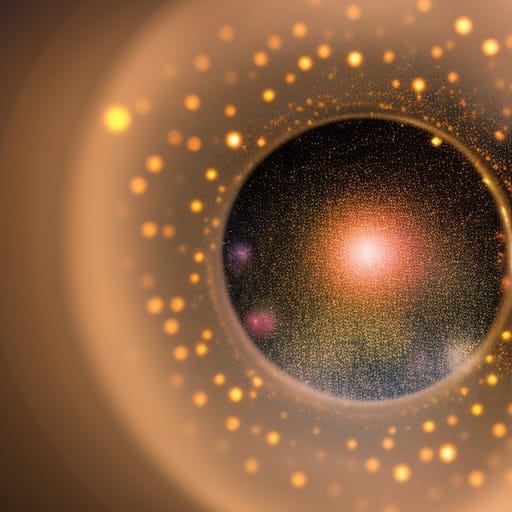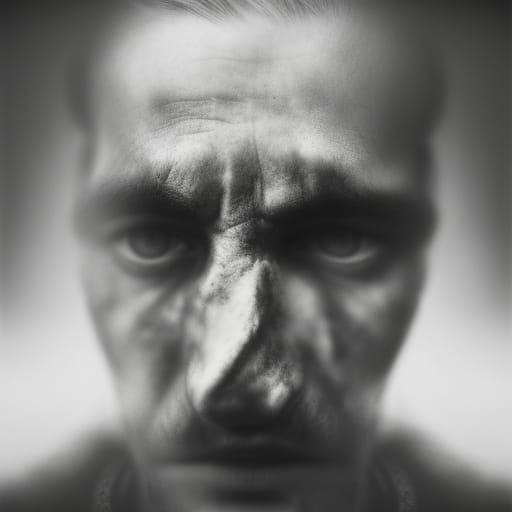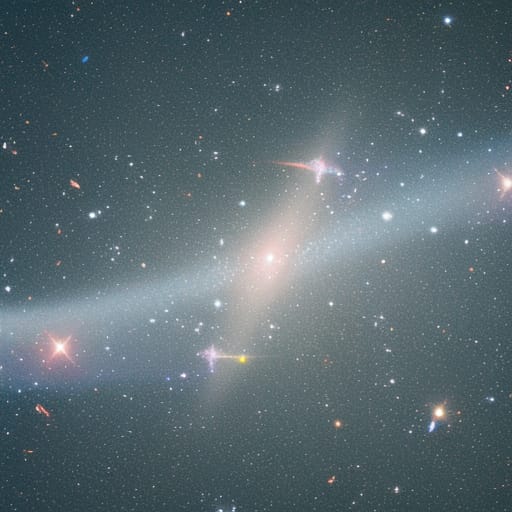Bernhard Haisch has an excellent writing style. Brilliant Disguise: Light, Matter and the Zero-Point Field is an excellent article. There is no mass either.
Tag Archives: cosmology
man-qua-universe
I am currently reading Three Roads to Quantum Gravity. I have just completed the first part of the book, which is a lengthy introduction. The author felt a strong need to prepare the reader’s mind for thinking about the universe differently from whatever misguided education and personal experience was filling his head.
Perhaps if I had not already read The End of Time: The Next Revolution in Physics, I would have needed this preparation. However, being already convinced that space and time are invalid concepts for properly describing reality, I felt perfectly at home with the author’s perspective.
Something I was unprepared for was the realization that objectivist epistemology may be overly constrained by its man-qua-man perspective. Scientists, who practice the Scientific Method, impose constraints on their thinking by considering themselves an objective observer. Those who do this cannot effectively practice the science of cosmology, because no such artificial (mystical) separation can be established between observer and universe.
Only man-qua-man can allow himself to be so easily fooled into thinking the world is as he himself sees it, and be convinced that this is an accurate view of reality. Only man-qua-ordinary-man would so easily accept space, entities, and their attributes to represent the true state of things, while changes in state are viewed as snapshots in time. Most men still believe that reality is organized into a three dimensional grid representing space, and an extra dimension of time. Even their inability to sense these alleged characteristics does not bother them. Ask them to show you space and time one day, and see how far they get trying to use existents to describe non-existents.
Man-qua-ordinary-man is in fact a mere fool. In order to understand cosmology, we must become man-qua-universe and think likewise.
[It might seem strange that a software architect would spend so much effort on cosmology. Cosmology and software architecture are actually similar. Cosmology and software architecture are both about studying the universe. Just as every ordinary cosmologist has failed to gain a proper understanding of the universe, by being unable to accept that he himself cannot be separated from it as objective observer, ordinary software architects are in the same bind.]
red shift in an expanding universe
As we look into the distance, we see deep into the past towards the big bang. It is mind boggling how unintuitive this is. If you look far enough into the distance, you should be able to see the earliest moments of the universe. This is the cosmic background radiation. Quarks condensed into the first protons and neutrons.
What is more confusing to me is the interpretation of the evidence that suggests the universe is expanding at an increasing rate. This conclusion is based on observing red shifts. The farther an object is from us, the faster it appears to be moving away. Unless I’m misunderstanding something, doesn’t this tell us that the expansion of the universe is actually slowing down? Let me explain.
Wouldn’t an accelerating expansion demonstrate higher differences in velocity (red shift) for objects nearer to us? Since they are near, we see them as they were relatively recently as compared to far away objects. If the rate of expansion is accelerating, then observations of more recent events should show higher velocities than observations of events in the more distant past. On the other hand, if the velocity of distant objects is higher than the velocity of nearer objects, then shouldn’t it be logical to conclude that expansion is slowing rather than quickening?
quintessence – dark energy
I have begun to read Quintessence. It starts out rather dull. I am hoping that it picks up soon. Unlike End of Time, the author’s style is not provocative; he seems very methodical — though I’m only at the beginning, which contains all the introductory context.
Dark matter and dark energy have become a favorite topic for my curiosity. What better subject can there be to help stimulate the imagination? Observations suggest that there is something incredibly important throughout the universe that dominates its behavior, and no one knows what it is. These things cannot be sensed directly. They are completely different than anything we know today.
Free your mind.
Many people are unable to free their minds of what they know to be true, so that they can evaluate ideas from a different perspective. It is debilitating to be a rigid thinker. They are weak at evaluating alternative mental models, because they cannot apply their limited imagination in constructing such models.
What kind of image does the expanding universe invoke? Does your mind picture the universe itself as a ball growing larger, its boundaries stretching outwards? Or does it picture, as an observer within the universe itself, all of the galaxies moving away from eachother? Or does it picture a static universe without any notion of time or motion, and the expansion is merely a path in configuration space? Does it recognize the false notion of being an outside observer, while allowing this fiction to be imagined?
How do you picture the void of empty space? Is it a three (or higher) dimensional grid? Is it curved by the massive objects? Is it absolutely nothing at all, except for the void between things that actually exist? Or is it ethereal, filled with virtual particles that flash in and out of existence beyond our ability to perceive?
At many points in history, fundamental questions as simple as “what is space?” and “what is time?” have been asked and answered. Still we do not know the true answers; we only have intuitive notions based on teachings that have been socialized. We go through school learning mostly by rote the laws of the universe, such as those related to motion, momentum, and energy — notions that depend on understanding space and time. We are taught to treat space and time as intuitively obvious, because they are understood ostensibly. Yet, there may not be a single human being that has ever truly understood the nature of space and time — if those ideas have any correspondence to reality at all, and the jury is definitely out on that one. Despite this dilemma, the vast majority of students finish school with confidence that they know a great deal about space, time, motion, and many other important things. They don’t have an appreciation for the context of their knowledge — the limited scope of understanding that is encapsulated. They are taught the current state of understanding, which is good enough for most practical purposes in ordinary life. They are lies, or reasonable facsimiles of the truth, good enough to get you through most days without going too awry.
Just as the earth is not flat (though from a person’s viewpoint, it may appear that way), and the sun does not orbit the earth (though from a person’s viewpoint, it may appear that way), these ideas were once at the pinnacle of human knowledge, only to be invalidated later. We accept theories like general relativity and quantum mechanics because there isn’t yet any better explanation. They can be applied to good effect as a practical matter for a limited set of problems. But let us not forget that the accuracy of current theories has much room for improvement.
timeless – thinking outside the box
I am sitting here in a Boeing 737 on the tarmac, as maintenance personnel check over the aircraft to determine why some indicator lights are showing a problem. What has been occupying my mind is the first few pages I’ve read of The End of Time – The Next Revolution in Physics by Julian Barbour. This book is a great example of thinking outside the box.
Barbour suggests that there is in reality no such thing as time. It is merely a figment of our misinterpretation of the facts, which result from the limited scope of our personal experiences. This idea is very provocative, because it goes against intuition and it seemingly contradicts everything we know to be true. There is something extremely violent and destructive in this notion. Just the possibility of setting fire to something that we hold as fundamental is exciting.
This is very serendipitous. My life’s work seems to revolve around creative thinking. One of my fundamental responsibilities is to think outside the box to solve problems that are beyond the normal capacity of others. I must imagine what lies outside of common knowledge, and embrace possibilities that may be seemingly absurd or false, in order to discover that something out there is in fact precisely what must be true (or brought into reality). Thinking outside the box requires that in fact there is no box. Or perhaps that all those poor souls, who thought they were in the box, were actually floating outside a bubble. Or something much more bizarre.
look forward, look back
It’s amazing how we have the ability to look back in time. Not just in memories. Not just through archeology. These are only remnants of what actually existed in history. However, the laws of nature have bestowed upon us the ability to actually witness the past in its full glory. In fact, we can see right this moment if we look hard enough as far back as the moments following the Big Bang. And a second later, if we look 3*10^8m further into the distance, we can see exactly the same moment again.
Try to come to grips with the fact that everything you witness in the present has actually occurred some time in the past. Then extend the scope of your observations beyond your immediate vicinity. Look further out and deeper into history. Here and now you are able to see the past unfolding before you. It’s profoundly mind blowing.




